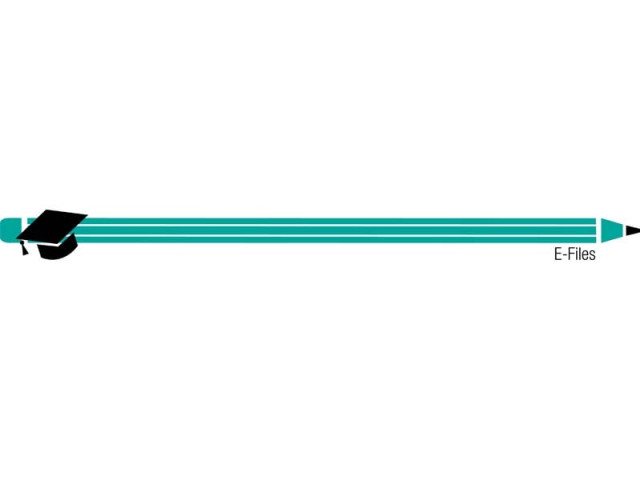Dual-degree fiasco setting a wrong example
AIOU keeps improving; CCI still a bone of contention

AIOU keeps improving; CCI still a bone of contention.
The unresolved matter concerning the Comsats Institute of Information Technology (CIIT)’s dual degree programme is setting a wrong example for other institutes of higher education in the country.
The recent decision by the Public Accounts Committee has made the status of the programme even murkier.
After the meeting, the two stakeholders — HEC and the CIIT — appeared to be of the view that the PAC decision was in their favour.
When asked, both parties derived their own interpretation from the decision. Comsats officials claimed that the HEC would attest the joint transcript of the programme, while the chief of latter rejected the claims, saying we have nothing to do with the foreign degree.
This curious case of the university’s dual degree programme will continue to haunt the varsity, the HEC and the students.
HEC’s timely intervention could have stopped the situation to reach to an extent that at present, 2,500 students enrolled to the dual-degree programme, are unsure of their future.
The HEC negligence is much widespread. There are 169 educational institutes on the HEC list, which are functioning without no-objection certificate from the commission. There are thousands of students who are enrolled in these institutes.
The issue of non-recognised campuses and their affiliated colleges has also been discussed time and again at different forums.
Council of Common Interest
The meeting of the Council of Common Interest to review the status of HEC in post-devolution scenario was held at the office of the Planning Commission.
Sindh and Punjab have established their own higher education bodies, while Balochistan has yet to materialise the option. Khyber-Pukhtunkhwa has brushed aside any such option saying the HEC should play its role from the centre.
The highlight of the meeting was Sindh’s silence over the issue like at the previous meetings.
Representatives from Sindh were of the view that after devolution, the HEC had no role in directing and monitoring the provincial higher education institutes.
Other provinces are convinced that the HEC should function at the centre. Sindh was told to come with its reservations and suggestions in the next meeting.
FDE’s blunder
The FDE on Thursday issued a letter instructing 422 educational institutes to make administrative and other staff available for the visit of need-assessment teams.
The teachers and staff of different schools kept waiting for the teams, which were supposed to evaluate the physical infrastructure of the institutes but no one came.
One of the teacher commented that the FDE had already been told time and again about the problems of transport, furniture and sluggish response to correspondence from latter, but such eleventh hour orders were nothing but a waste of time.
The Capital Administration and Development Division (CADD) secretary said that he revoked the orders on the next day, and it was also conveyed to all the institutes. He remarked that it was issued without his permission.
AIOU shines
Allama Iqbal Open University (AIOU) Islamabad has become a role model for other universities in terms of positive change from the top, since Shahid Siddiqui took over as the vice-chancellor.
From announcement of fee exemption for students from flood-hit regions to arranging classes for prisoners and holding conferences and book launches, the university has come a long way from where it stood a year ago.
Similarly, books dispatch, mailing of assignments, and registration of complaints have all improved over the last few months.
Published in The Express Tribune, October 12th, 2015.



















COMMENTS
Comments are moderated and generally will be posted if they are on-topic and not abusive.
For more information, please see our Comments FAQ